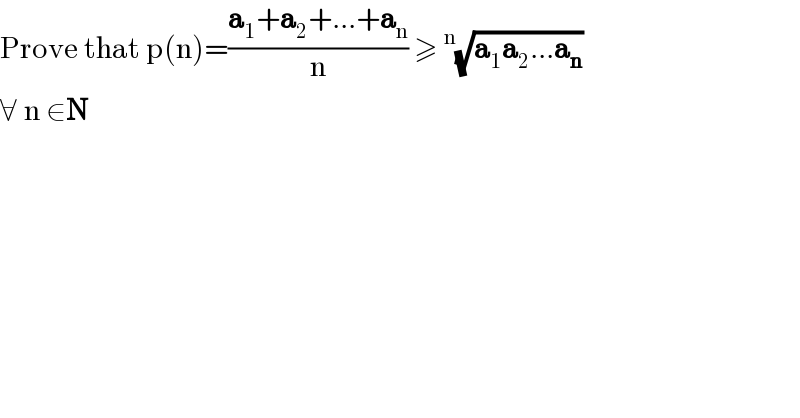
Question and Answers Forum
Question Number 45353 by pieroo last updated on 12/Oct/18

Commented by pieroo last updated on 12/Oct/18

Commented by Kunal12588 last updated on 12/Oct/18

Commented by pieroo last updated on 14/Oct/18

Answered by Kunal12588 last updated on 12/Oct/18

Commented by tanmay.chaudhury50@gmail.com last updated on 12/Oct/18

Commented by tanmay.chaudhury50@gmail.com last updated on 12/Oct/18

